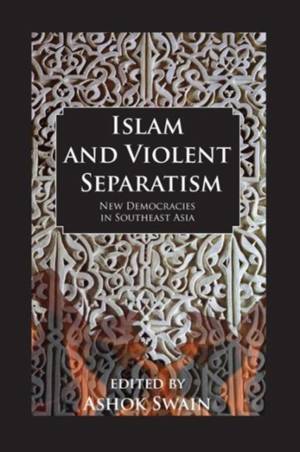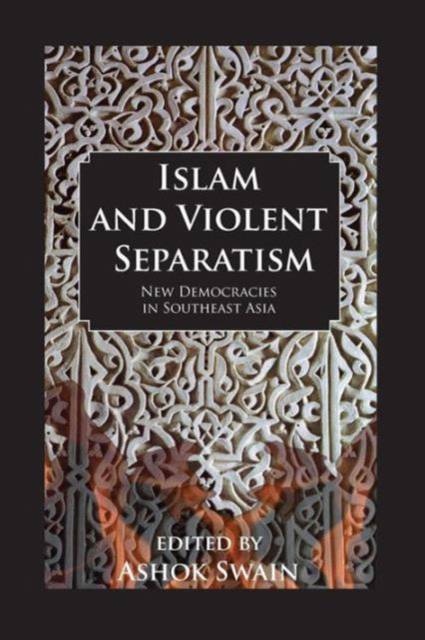
- Afhalen na 1 uur in een winkel met voorraad
- Gratis thuislevering in België vanaf € 30
- Ruim aanbod met 7 miljoen producten
- Afhalen na 1 uur in een winkel met voorraad
- Gratis thuislevering in België vanaf € 30
- Ruim aanbod met 7 miljoen producten
Zoeken
Omschrijving
First published in 2007. Political demands for autonomy and independence by radicalized ethnic groups have recently intensi?ed as a result of the globalization of the post-Cold War world. In addition to facing the challenges posed by democratization, development and social movements, governments everywhere are striving to manage and contain political Islam'. This is particularly true in Southeast Asia, where the violence and instability caused by Islamic radical groups have affected the consolidation of liberal democracy in the region. This volume examines the roles of the state and of civil society in three of the new democracies in Southeast Asia - the Philippines, Thailand and Indonesia. Focussing on the way these democracies address the in-creased threat posed to their nation-building projects by political Islam, Islam and Violent Separatism makes an important contribution to the understanding of new security risks, terrorism, democratic consolidation and contemporary Southeast Asian politics.
Specificaties
Betrokkenen
- Auteur(s):
- Uitgeverij:
Inhoud
- Aantal bladzijden:
- 148
- Taal:
- Engels
Eigenschappen
- Productcode (EAN):
- 9781138992672
- Verschijningsdatum:
- 28/02/2016
- Uitvoering:
- Paperback
- Formaat:
- Trade paperback (VS)
- Afmetingen:
- 156 mm x 234 mm
- Gewicht:
- 217 g

Alleen bij Standaard Boekhandel
+ 180 punten op je klantenkaart van Standaard Boekhandel
Beoordelingen
We publiceren alleen reviews die voldoen aan de voorwaarden voor reviews. Bekijk onze voorwaarden voor reviews.











